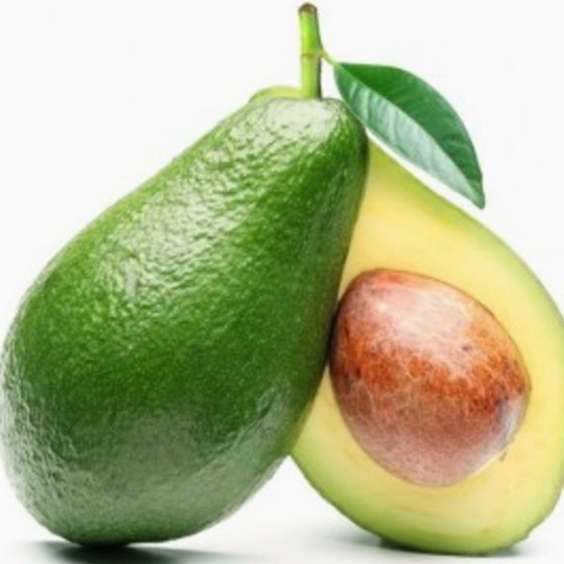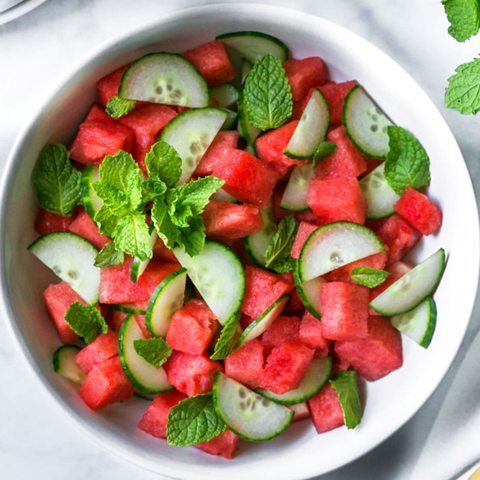Introduction Sahoor Food Ideas
Sahoor, the pre-dawn meal during Ramadan, plays a crucial role in keeping you energized and hydrated throughout the day. Choosing the right foods can help sustain energy levels, prevent dehydration, and keep hunger pangs at bay. A well-balanced Sahoor ensures that you stay active, focused, and in good health throughout the fasting hours. Want to know what to Eat in Sahoor, This guide will cover the best foods to eat in Sahoor for a healthy and energizing fast while also discussing what to avoid for optimal results.
For more Food Recipes visit my site Foodies Guy.

Nutrient-Rich Foods for Sahoor
Want to know what to Eat in Sahoor. Here are some ideas for a Healthy and Energizing Fast.
1. Protein-Packed Foods for Strength
Protein is essential to maintain muscle health, boost metabolism, and keep you feeling full throughout the day. So the foods that provide protein are must to eat in Ramadan.
- Eggs – A powerhouse of protein, healthy fats, and essential vitamins. Boiled, scrambled, or as an omelet, eggs make a perfect Sahoor option.

- Greek Yogurt – Provides protein, probiotics, and hydration. Adding nuts, seeds, or honey can enhance its nutritional benefits.

- Cottage Cheese – A high-protein dairy option that helps in muscle recovery and keeps you full for longer.

- Lean Chicken or Fish – Excellent sources of lean protein that provide sustained energy throughout the fasting period.

2. Healthy Fats for Satiety and Energy
Healthy fats keep you full and provide a steady source of energy, preventing sudden energy crashes. Our body also needs Fats so also add some foods that have fat in Ramadan Sahoor and Iftar.
- Avocados – Rich in healthy fats, fiber, and vitamins, making them an ideal Sahoor food. Spread on toast or added to smoothies for an extra boost.

- Nuts and Seeds – Almonds, walnuts, chia seeds, and flaxseeds provide essential nutrients and healthy omega-3 fatty acids.

- Olive Oil – Drizzling a little on your food adds heart-healthy fats and enhances flavor.
- Peanut Butter – A great source of protein and healthy fats when spread on whole-grain bread or blended into smoothies.

3. Hydrating Foods to Prevent Dehydration
Hydration is key for avoiding fatigue, headaches, and dizziness while fasting. Consuming water-rich foods helps maintain fluid balance.
- Watermelon & Cucumbers – High in water content, helping to keep you hydrated throughout the day.

- Milk & Coconut Water – Provides hydration along with essential electrolytes to prevent dehydration.

- Soups & Smoothies – Light, nutritious, and packed with vitamins to maintain hydration and provide necessary nutrients.
- Herbal Teas – Chamomile, mint, or ginger tea helps with digestion and keeps the body hydrated without the dehydrating effects of caffeine.

4. Fiber-Rich Foods for Digestion
Fiber helps regulate digestion, prevents bloating, and maintains gut health.
- Fruits – Bananas, apples, and pears offer natural sugars, fiber, and essential vitamins.
- Vegetables – Leafy greens, bell peppers, and carrots add nutrients, fiber, and help digestion.
- Legumes – Lentils and chickpeas are excellent sources of fiber and plant-based protein, promoting fullness and energy balance.
- Whole Grains – Barley, bulgur, and millet are fiber-rich grains that sustain energy and aid digestion.
Foods to Avoid in Sahoor
While some foods may seem tempting, they can cause dehydration, energy crashes, and sluggishness, making fasting more challenging. So you should avoid these type of foods during Ramadan especialy in Sahoor and iftaar to be healthy.
- Salty Foods – High-sodium foods like pickles, processed meats, and salty snacks increase thirst and dehydration.
- Sugary Cereals & Pastries – Cause a rapid spike in blood sugar, leading to an energy crash later in the day.
- Fried & Greasy Foods – Hard to digest, can lead to bloating, sluggishness, and excessive thirst.
- Caffeinated Drinks – Tea, coffee, and energy drinks lead to dehydration and can disrupt sleep patterns, making fasting harder.
- Carbonated Beverages – Can cause bloating and discomfort during fasting hours.
Additional Tips for a Healthy Sahoor
Follow these Tips in Sahoor so you can say you done health Sahoor.
- Drink Plenty of Water – Aim to drink at least 2-3 glasses of water during Sahoor to stay hydrated.
- Eat Slowly & Mindfully – This helps with digestion and ensures you consume the right balance of nutrients.
- Plan Your Meal – Preparing nutrient-dense Sahoor meals in advance can save time and help you make healthier choices.
- Include a Variety of Foods – A combination of carbs, protein, healthy fats, and fiber ensures you get all essential nutrients.
For Iftaar ideas please visit Best Iftar Dishes (2025): Tasty and healthy Iftar Dishes.
Conclusion
Choosing the right foods in Sahoor for a healthy and energizing fast ensures sustained energy, hydration, and overall well-being throughout the day. Focus on complex carbs, proteins, healthy fats, and fiber-rich foods while avoiding excessive salt, sugar, fried, and caffeinated items. A well-balanced Sahoor can help you feel refreshed, strong, and ready to take on the fasting day with ease. Prioritize nutrient-dense meals, stay hydrated, and enjoy a fulfilling and blessed Ramadan!
FAQs for Healthy Sahoor
What are the best foods to eat for Sahoor?
The best Sahoor meal includes complex carbohydrates (like oats or whole wheat bread), protein (eggs, Greek yogurt), healthy fats (avocados, nuts), and hydrating foods (watermelon, coconut water).
Can I drink tea or coffee during Sahoor?
It’s best to avoid caffeinated drinks as they can lead to dehydration. Instead, opt for herbal teas, milk, or coconut water for better hydration.
How can I stay full longer during fasting?
Eating fiber-rich foods like fruits, vegetables, and whole grains, along with proteins and healthy fats, helps keep you full and energized throughout the day.
What foods should I avoid at Sahoor?
Avoid salty foods, sugary cereals, fried items, and excessive caffeine, as they can cause dehydration, energy crashes, and sluggishness during the day.
Is it okay to skip Sahoor?
Skipping Sahoor can make fasting more difficult as it may lead to early fatigue, dehydration, and hunger pangs. Eating a balanced meal helps maintain energy levels.
Are smoothies a good option for Sahoor?
Yes! Smoothies made with yogurt, fruits, nuts, and seeds are a nutritious and hydrating option that provides sustained energy throughout the fast.
Refferences:
thehealthymuslims.com/nutrition/5-healthy-suhoor-must-haves/
www.nutrition.org.uk/creating-a-healthy-diet/a-healthy-ramadan/


